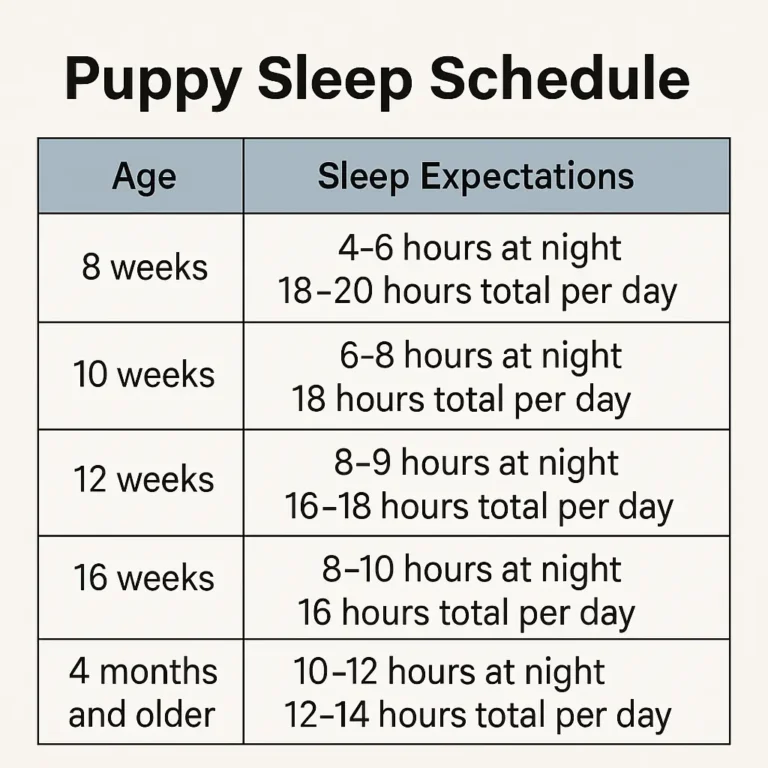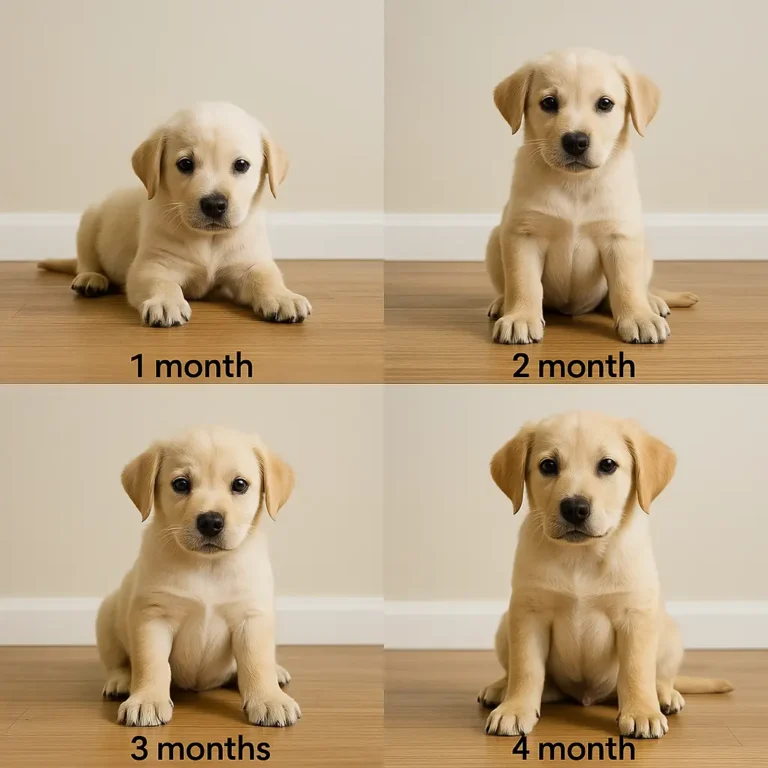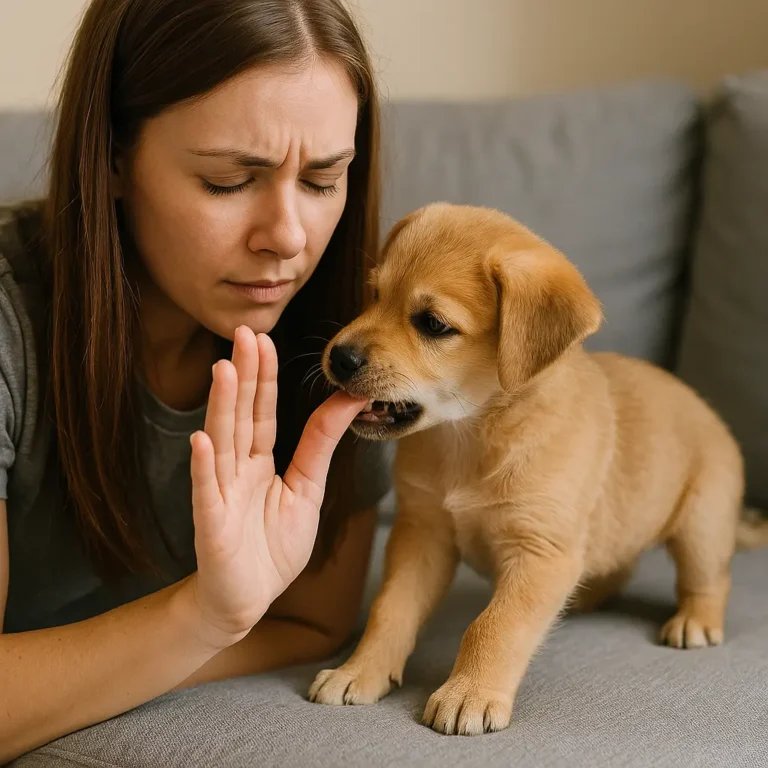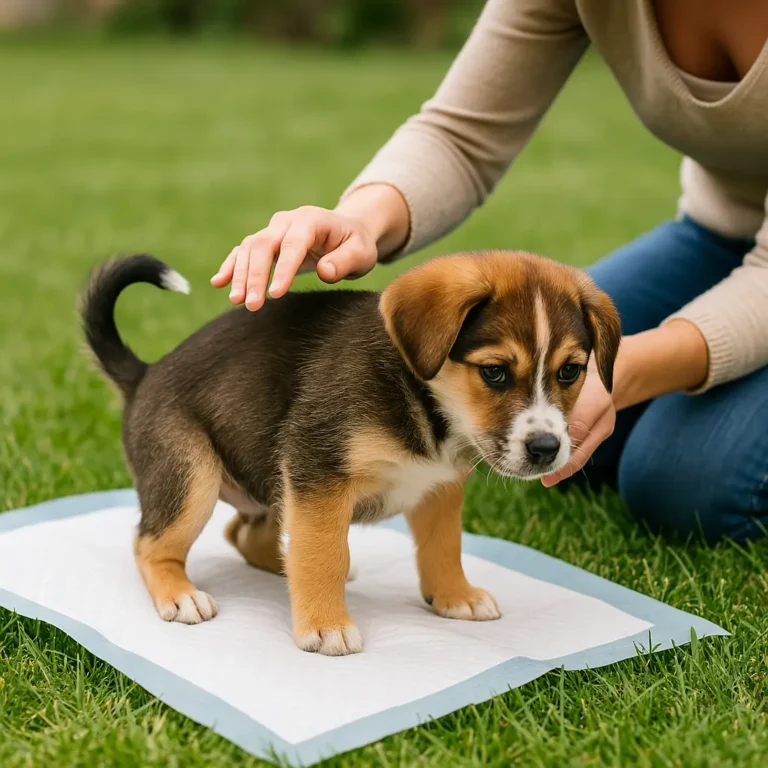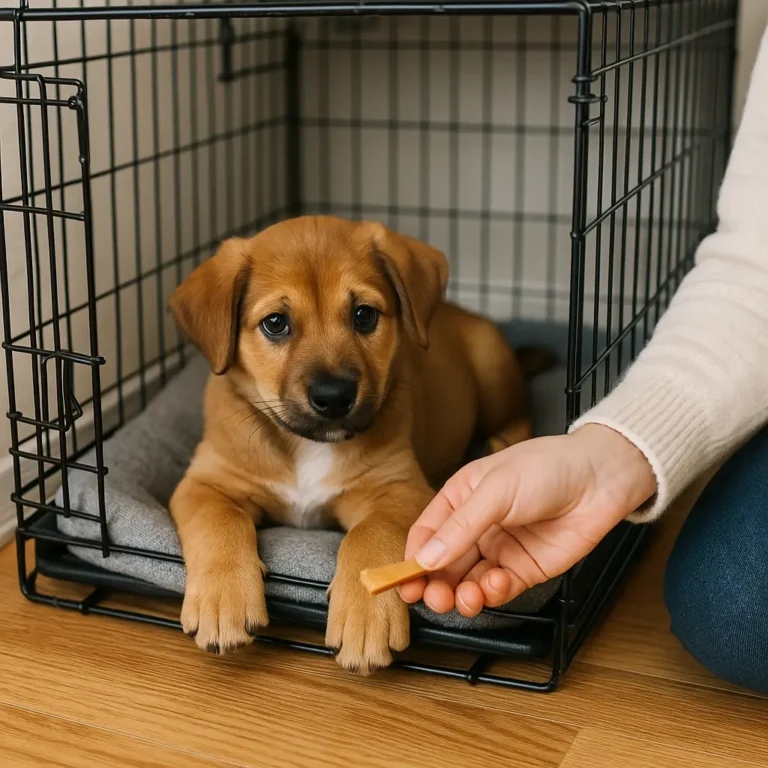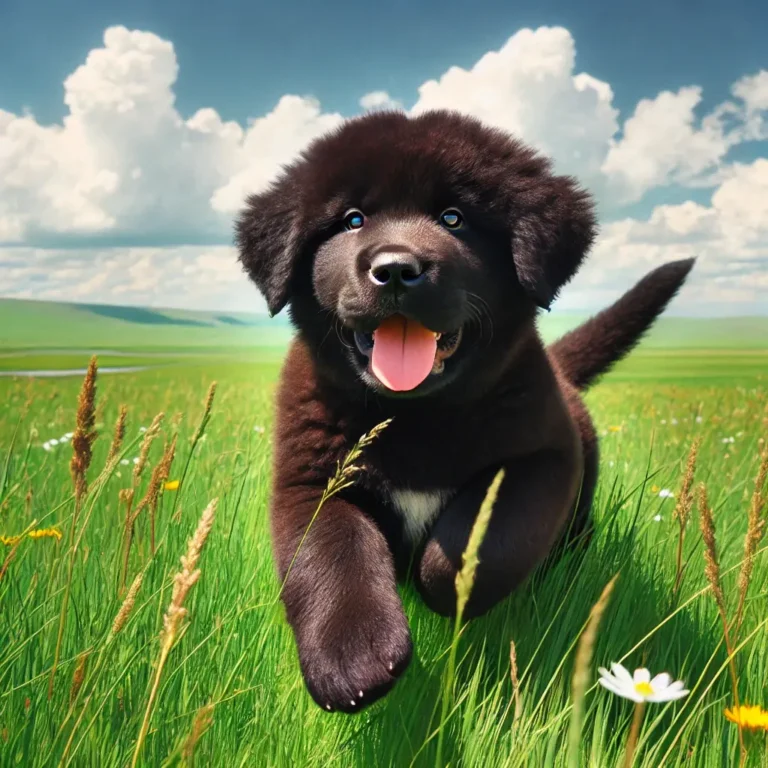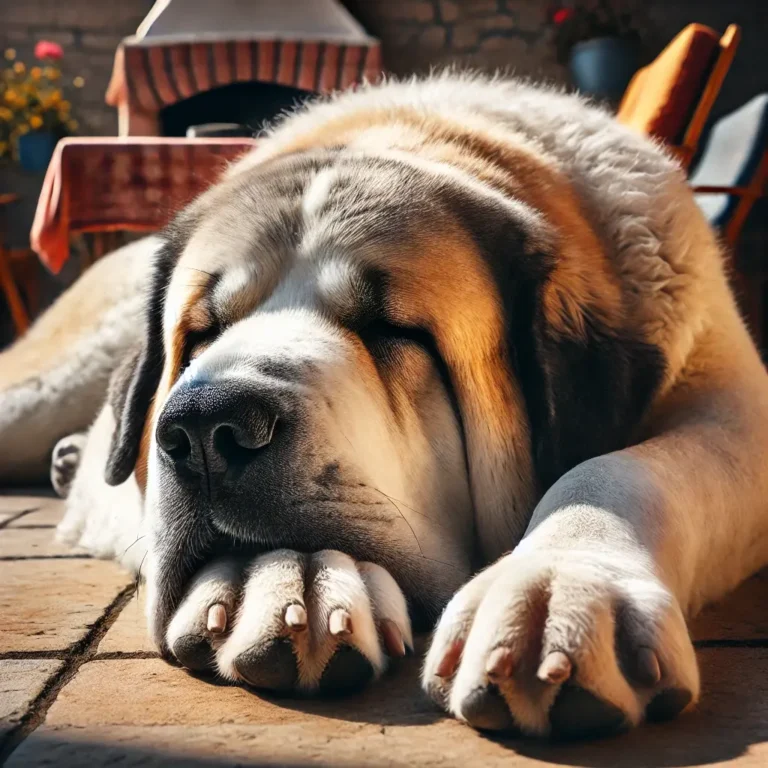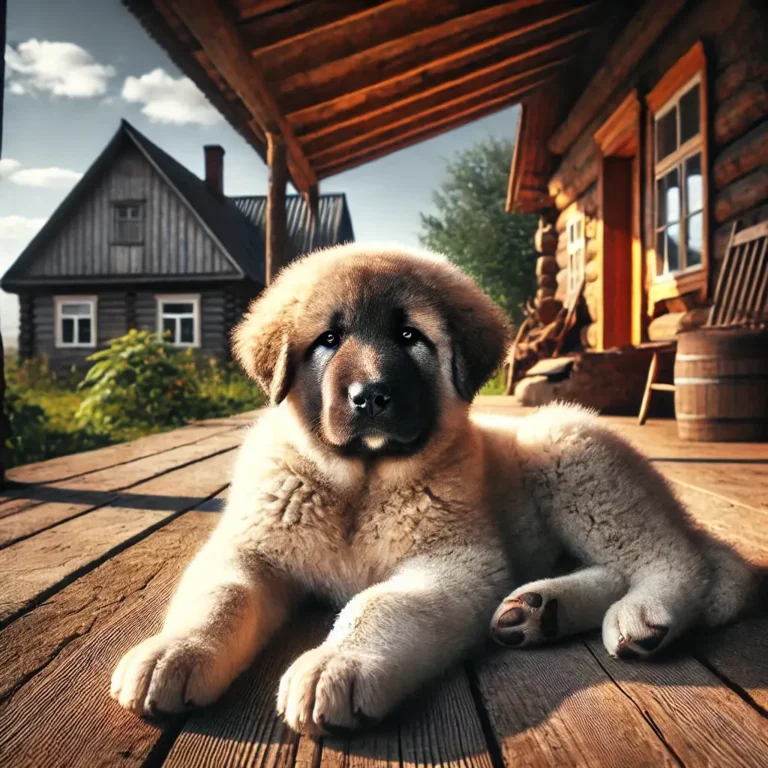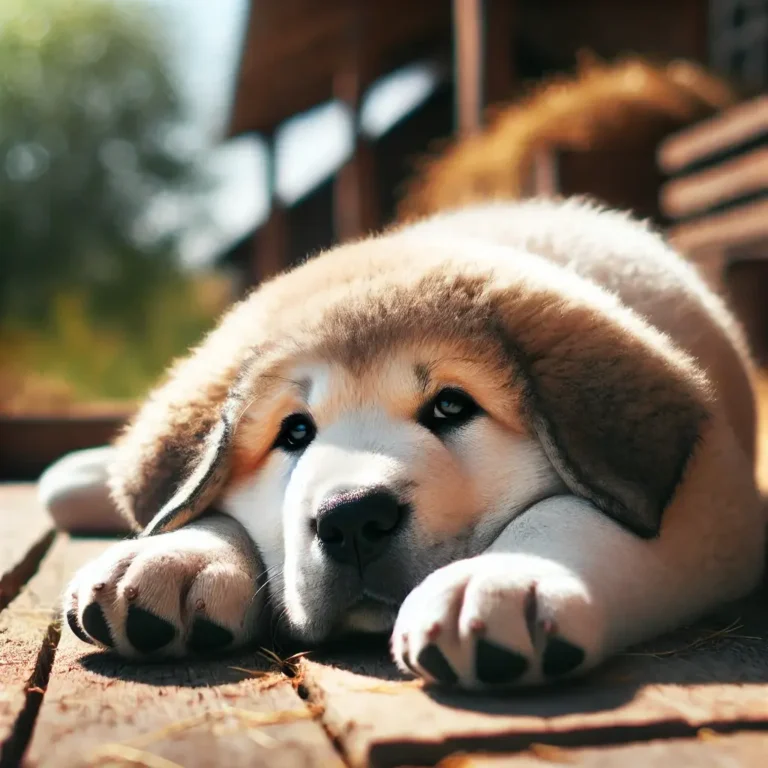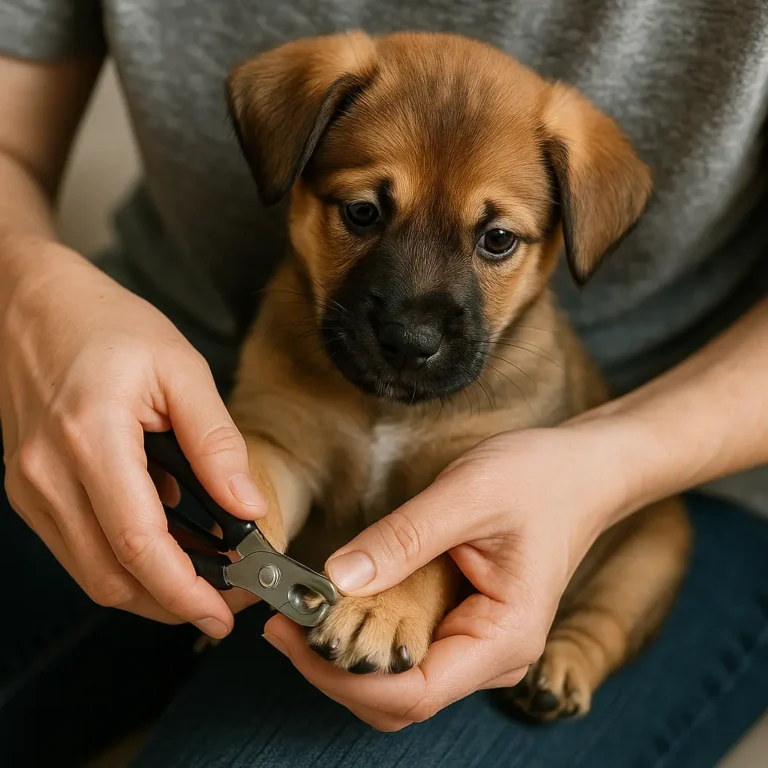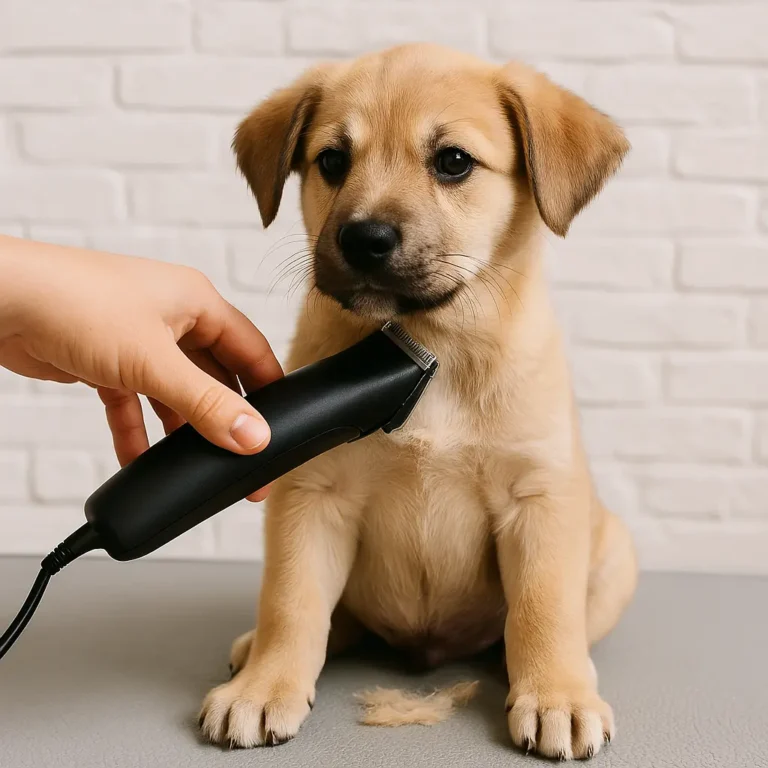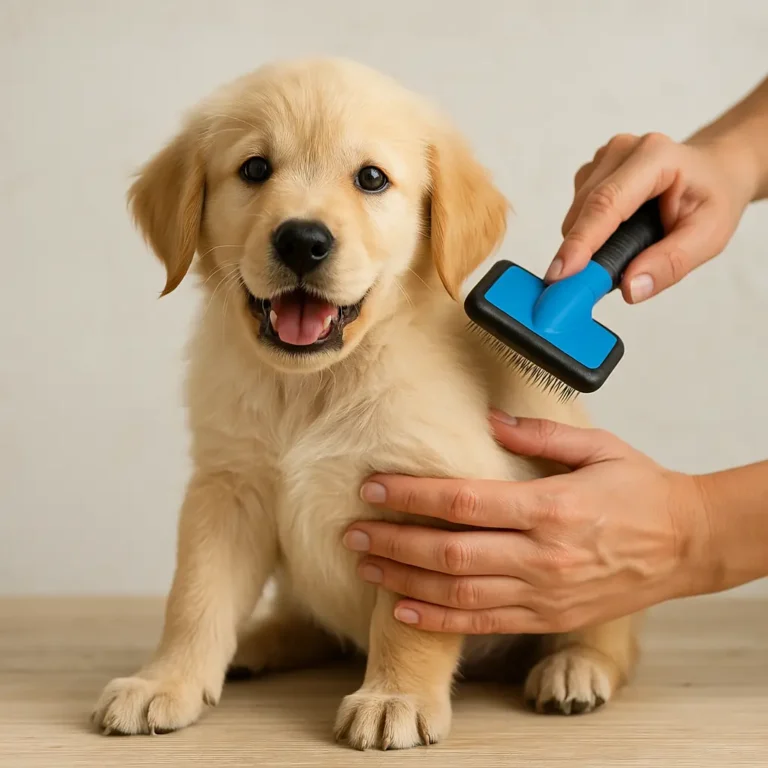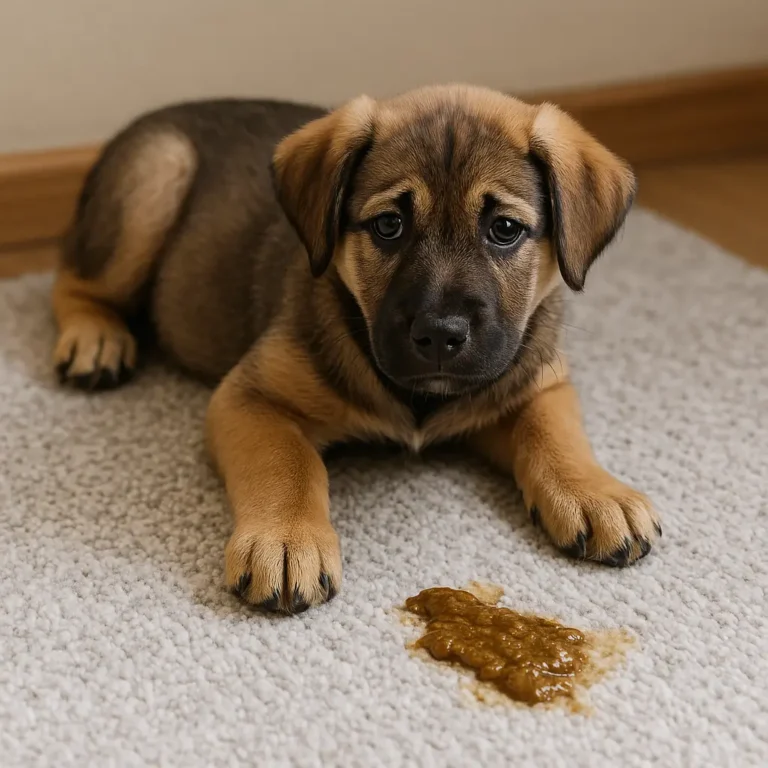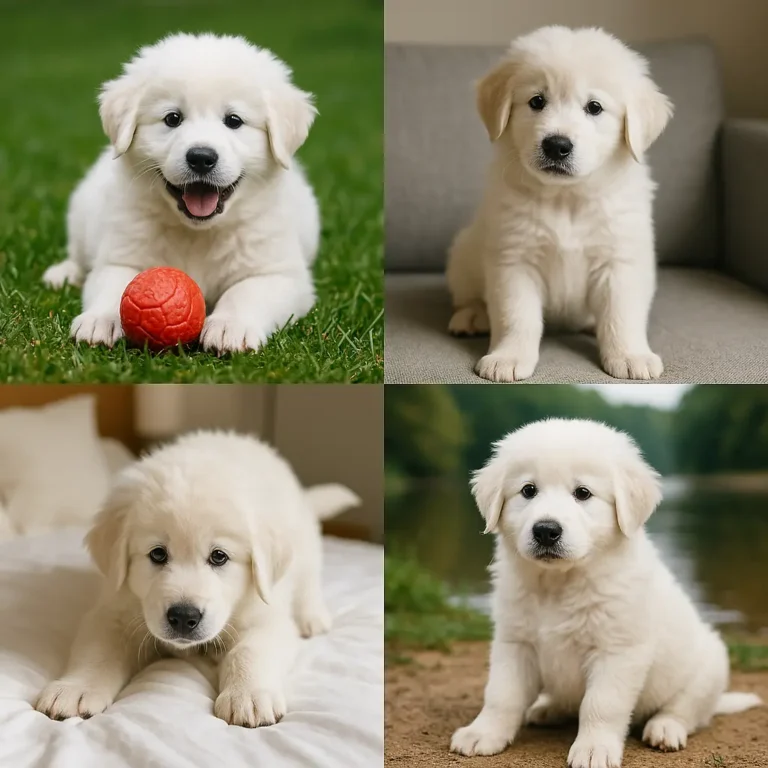Big Alabai Dog
Big Alabai Dog: A Powerful and Loyal Guardian
The Big Alabai Dog, also known as the Big Dog Turkmen Alabai, is an imposing and highly protective large breed with a history rooted in livestock guarding and territorial defense. These dogs are known for their immense size, incredible strength, and unwavering loyalty. Bred in Central Asia, they have been guarding livestock, homes, and property for centuries. If you’re wondering, “How big does an Alabai dog get?”, the answer is massive—they can weigh up to 200 pounds and stand over 30 inches tall. Their strong protective instincts make them excellent working dogs, but they also require firm training and socialization to prevent dominance issues. Big Alabai Dog puppies need early guidance to grow into obedient and well-mannered adults. Due to their size, energy, and territorial nature, they are not suitable for first-time dog owners but thrive with experienced handlers who can provide structure and discipline.
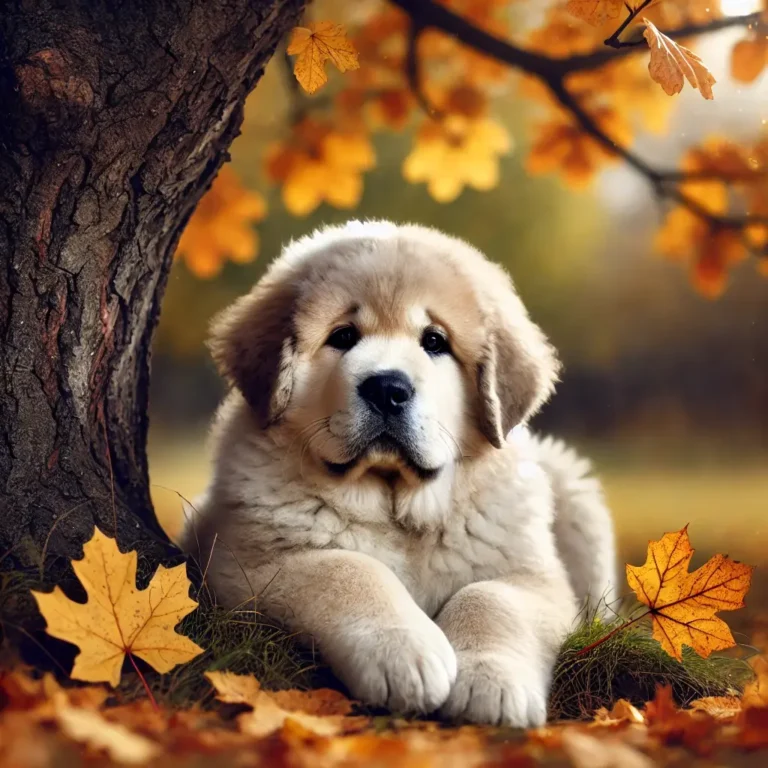
Big Alabai Dog Puppies: Strong and Fast-Growing Guardians
Big Alabai Dog puppies are born with strong instincts and begin developing their protective nature at an early age. They grow rapidly, requiring a high-protein diet to support their massive bone structure and muscle development. If you’re wondering, “How big is an Alabai dog when young?”, they can already weigh 50-70 pounds by six months. These puppies need firm leadership, early socialization, and obedience training to prevent dominance-related issues. Without proper structure, they may develop aggression toward strangers or other animals. Raising a Big Alabai Dog puppy requires dedicated training, patience, and firm boundaries to mold them into loyal, disciplined protectors.
Breed Traits
Temperament: Fearless, dominant, and protective Coat Type: Thick, weather-resistant double coat Energy Level: Moderate to high Intelligence: Highly intelligent but independent Purpose: Livestock guardian, property protector, and security dog
The Big Alabai Dog has an average lifespan of 10-14 years. With proper care, a nutritious diet, and regular exercise, they can live a healthy and fulfilling life.
How big does an Alabai dog get? Fully grown Big Alabai Dogs stand between 28-35 inches (71-89 cm) at the shoulder, with males being larger and more muscular than females.
The Big Dog Turkmen Alabai can weigh between 140-200 pounds (63-90 kg). Some exceptionally large males can exceed 220 pounds, making them one of the heaviest working dog breeds.
The Big Alabai Dog thrives in large, open spaces with secure fencing. They are not suited for apartment living and require farms, ranches, or estate homes with ample room to patrol.
Breed Characteristics
Loyalty: Extremely devoted to their family Protectiveness: Highly territorial and alert Intelligence: Independent thinkers with quick decision-making abilities Strength: Muscular build with incredible endurance Socialization: Needs early exposure to prevent excessive aggression
Though primarily a guardian breed, the Big Alabai Dog forms deep emotional bonds with its family. They are gentle with children but require strict supervision and early training to ensure good behavior.
The Big Alabai Dog has a broad skull, deep chest, and powerful legs. Their dense, double coat protects them from harsh climates, making them ideal for outdoor work in extreme weather conditions.
The Big Alabai Dog is naturally wary of strangers but loyal to its family. Early socialization and obedience training help them become more adaptable to guests and other animals.
The Big Alabai Dog is confident, fearless, and highly independent. They are natural leaders, making them excellent protectors, but they require a handler with strong leadership skills.
Training a Big Alabai Dog
Training a Big Alabai Dog requires firm leadership, patience, and early socialization. Due to their intelligence and independent nature, they need structured training from a young age. Positive reinforcement is effective, but they also require firm boundaries to prevent dominance issues. Socialization is key to ensuring they don’t become overly aggressive or territorial. They need a purpose, such as guarding a home or livestock, to stay mentally and physically stimulated. Without proper training, they can become difficult to manage. A well-trained Big Alabai Dog is a loyal and disciplined guardian, making them one of the best working dog breeds.
Big Alabai Dog History & Facts
The Big Alabai Dog originates from Central Asia, where it has been bred for over 4,000 years as a guardian of livestock and property. These dogs were used by nomadic tribes to protect flocks from predators like wolves and bears. Selective breeding has enhanced their size, strength, and intelligence, making them one of the most formidable guardian breeds. Historically, they were highly valued for their loyalty and endurance. Today, the Big Alabai Dog continues to be one of the most sought-after working dogs, excelling in livestock protection, security work, and military applications.
The Alabai has existed for over 4,000 years, making them one of the oldest guardian dog breeds.
Some Alabai dogs can weigh over 220 pounds, making them one of the largest working breeds.
They have an innate ability to assess threats without human commands.
These dogs can travel long distances and work for hours without tiring.
They only bark when necessary, making them highly effective silent guardians.
Popular Big Alabai Dog Mix Breeds
While the Big Alabai Dog is typically a purebred working breed, some mixes enhance its traits for specialized roles:
- Alabai Shepherd Mix – Combines intelligence and obedience from the German Shepherd.
- Alabai Mastiff Mix – Creates a larger, stronger, and more powerful guardian dog.
- Alabai Husky Mix – Adds high endurance and adaptability to cold climates.
- Alabai Kangal Mix – Produces the ultimate livestock guardian dog with elite guarding skills.
These mixes inherit the Alabai’s strong protective instincts, making them highly reliable working and security dogs.
Best Diet Plan for a Big Alabai Dog: Nutritional Needs
The Big Alabai Dog requires a protein-rich, balanced diet to support its large frame and high energy needs. Quality animal proteins like beef, chicken, and lamb maintain muscle mass, while healthy fats from fish oil and flaxseed keep joints and skin healthy. Complex carbohydrates such as sweet potatoes and brown rice provide sustained energy. Essential vitamins and minerals from vegetables like spinach, carrots, and pumpkin support immune function. Avoid processed foods and artificial fillers that can cause digestive issues. Always provide fresh water, and ensure portion control to prevent obesity, which can strain their joints and overall health.
Big Alabai Dog Behavior: Confident and Loyal Guardians
The Big Alabai Dog is known for its calm, dominant, and protective nature. Originally bred to guard livestock, they are fiercely loyal and will defend their territory fearlessly. While reserved with strangers, they are gentle and affectionate with family. Proper training and socialization help maintain a well-balanced temperament.
Alertness
Protectiveness
Prey drive
Aggressiveness
Barking level
Trainability
Mental stimulation needs
Intelligence
Popular Alabai Mix Breeds: Unique Guardian Hybrids
The Big Alabai Dog has been crossbred with other strong breeds to enhance its guarding abilities and adaptability. Popular Alabai mix breeds include:
- Alabai Kangal Mix – A fusion of Turkish Kangal endurance and Alabai strength.
- Alabai Caucasian Shepherd Mix – A powerful, highly protective hybrid ideal for guarding.
- Alabai German Shepherd Mix – A blend of intelligence, obedience, and strong guarding instincts.
- Alabai Mastiff Mix – A massive, fearless working dog for experienced handlers.
These mixes inherit Alabai’s guarding instincts while incorporating trainability, size variations, and adaptability, making them ideal for security work, farms, and experienced dog owners.
Grooming Guide for a Big Alabai Dog: Coat Care Essentials
The Big Alabai Dog has a dense double coat that requires weekly brushing to remove loose hair and prevent matting. During shedding seasons, daily brushing helps manage excessive fur. Bathing should be done every 6-8 weeks to keep their coat clean and healthy. Their ears should be cleaned regularly to prevent infections, and their nails should be trimmed monthly. Checking for ticks, fleas, and skin irritations is essential, especially for outdoor dogs. Regular grooming not only maintains their coat health but also ensures good hygiene and comfort, especially in harsh climates where Alabais thrive.
Physical Attributes of the Big Alabai Dog
The big Alabai dog is a massive, well-built guardian breed with a broad chest, strong muscles, and a large head. Their thick double coat helps protect them from harsh climates, and their deep-set eyes showcase their intelligence. Their imposing presence and powerful legs allow them to move swiftly despite their size.
Breed Size
Colours
Coat
Drooling
Snoring
Exercise Needs
Grooming Needs
Aggressiveness
Health of the Big Alabai Dog
The big Alabai dog is strong and resilient, but due to their size, they may develop hip dysplasia, joint problems, and obesity. Regular vet checkups, a balanced diet, and joint supplements help prevent health concerns.
They also require protection against parasites, as their dense coat can attract ticks and fleas. Ensuring proper hydration, high-quality protein meals, and regular exercise contributes to their longevity and vitality.
With proper care, nutrition, and exercise, the big dog Turkmen Alabai can live between 12-15 years, maintaining strength and endurance as a loyal guardian and family companion.
Dog Breed Size: How Big is an Alabai Dog?
The big Alabai dog belongs to the big breed category, requiring a spacious environment, structured training, and high-calorie nutrition. Compared to medium-sized breeds, they have greater endurance and muscle mass, needing more exercise and proper food intake.
Unlike small breeds, the big Alabai dog puppies grow at an impressive rate, demanding joint care, weight management, and a protein-rich diet. Their strong protective nature, size, and intelligence make them exceptional guard dogs.
Potential owners must ensure sufficient space, training commitment, and a structured routine to support their growth and development into a healthy, well-behaved companion.
FAQs About the Big Alabai Dog
How big does an Alabai dog get?
Is the big Alabai dog aggressive?
How much exercise does a big Alabai dog need?
Do big Alabai dogs get along with children?
What is the best diet for a big Alabai dog?
Do big Alabai dogs shed a lot?
Are big Alabai dogs good with other pets?
How long does a big Alabai dog live?
Dog Life of a Big Alabai Dog
The big Alabai dog thrives in a structured, active lifestyle, excelling as a livestock guardian, working dog, or family protector. They need daily physical activity, a high-quality diet, and mental challenges to prevent boredom.
Early training and socialization help develop their protective instincts into disciplined behavior. While affectionate with their families, they require firm leadership and patient handling.
With proper care, balanced nutrition, and mental engagement, the big Alabai dog puppies mature into well-balanced adults, providing unwavering loyalty and protection. They are best suited for experienced owners who can handle their size and intelligence.
The big Alabai dog is an intelligent, fearless, and devoted breed, perfect for owners who understand their needs. Their guarding instincts, impressive size, and endurance require proper training, space, and care.
Unlike small or medium-sized breeds, they need room to roam, structured exercise, and a high-protein diet. Their strong protective nature makes them exceptional watchdogs.
If you’re looking for a loyal, powerful guardian, the big Alabai dog is an excellent choice. However, they require consistent training, responsible ownership, and a long-term commitment to thrive as healthy, well-behaved companions.

